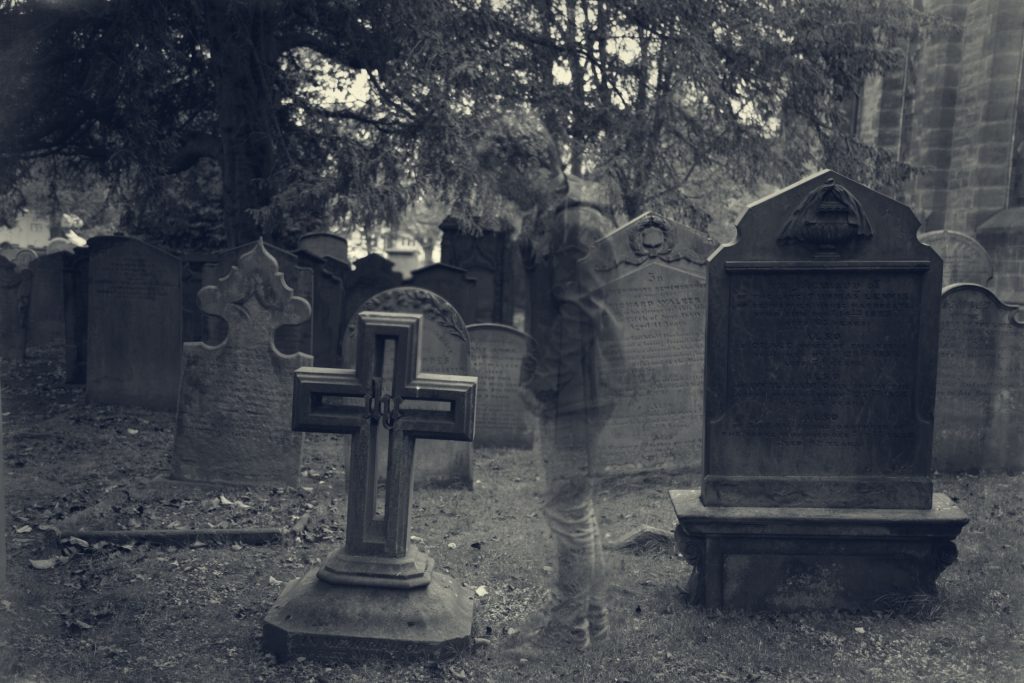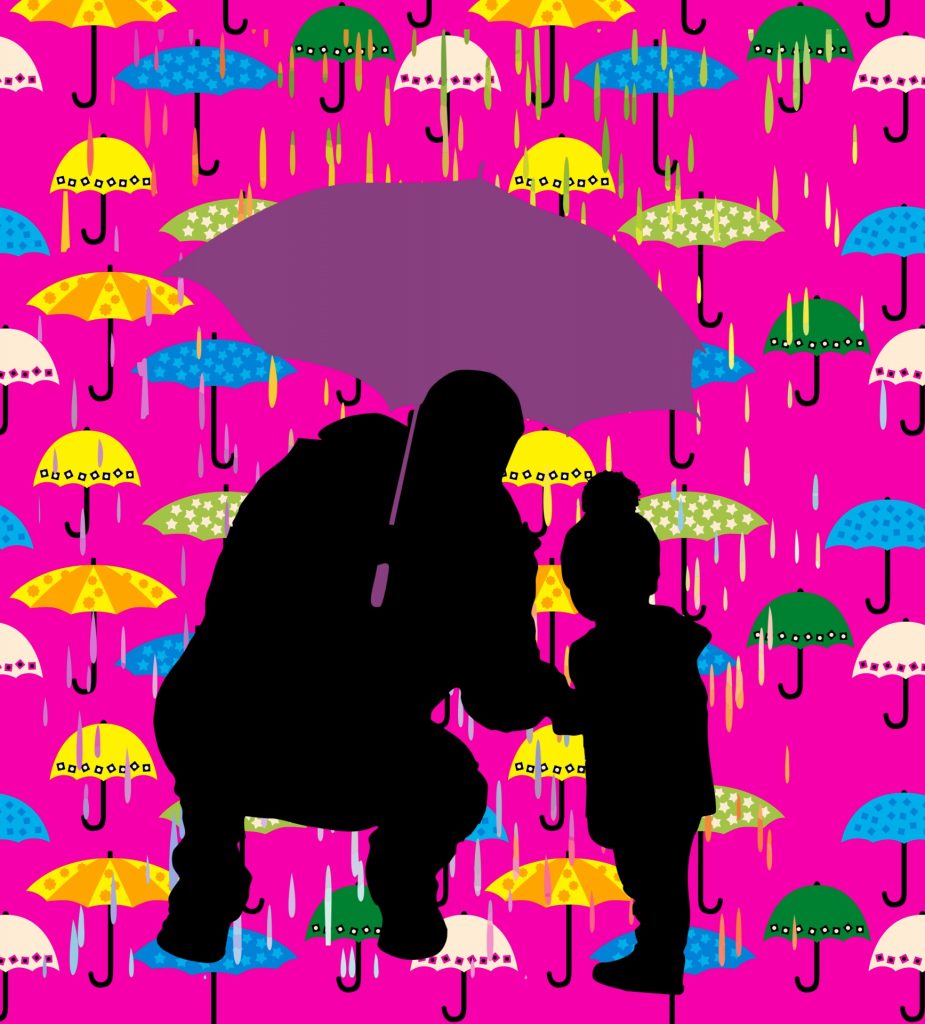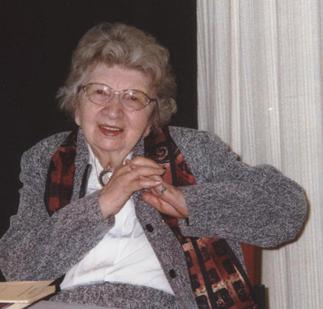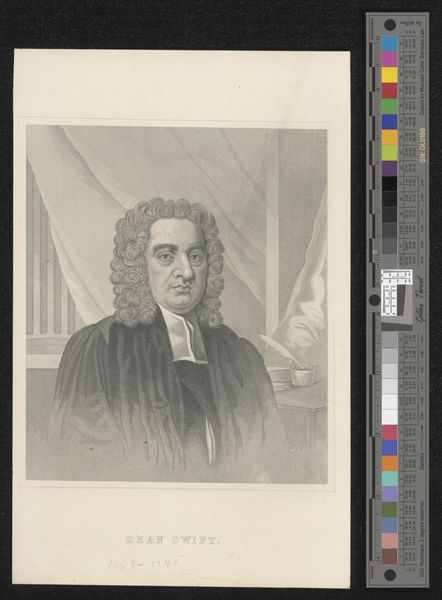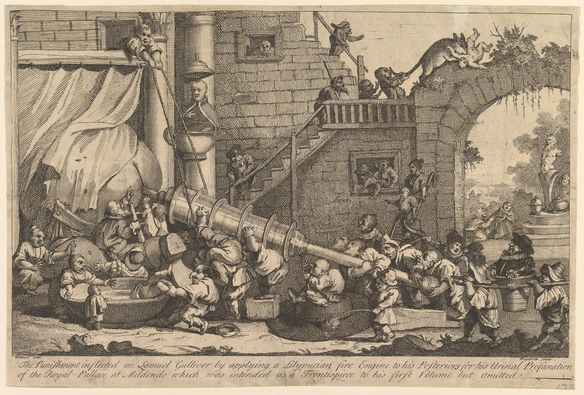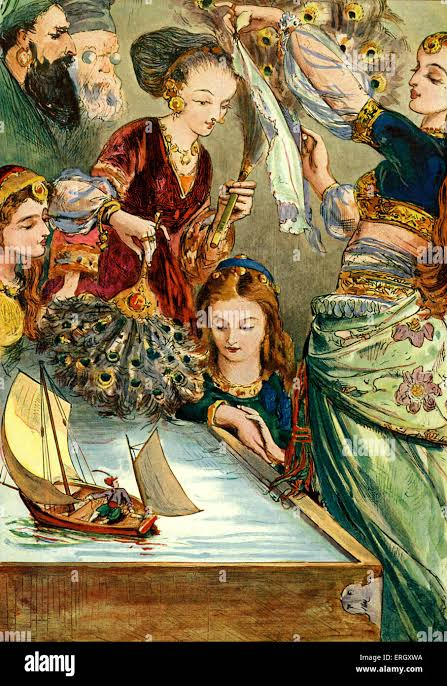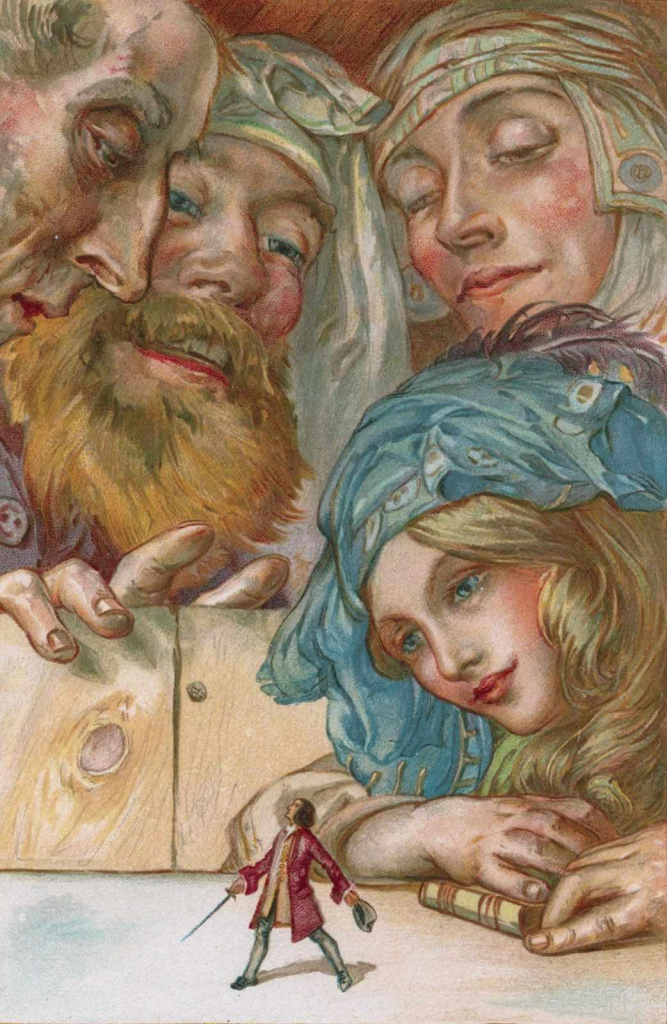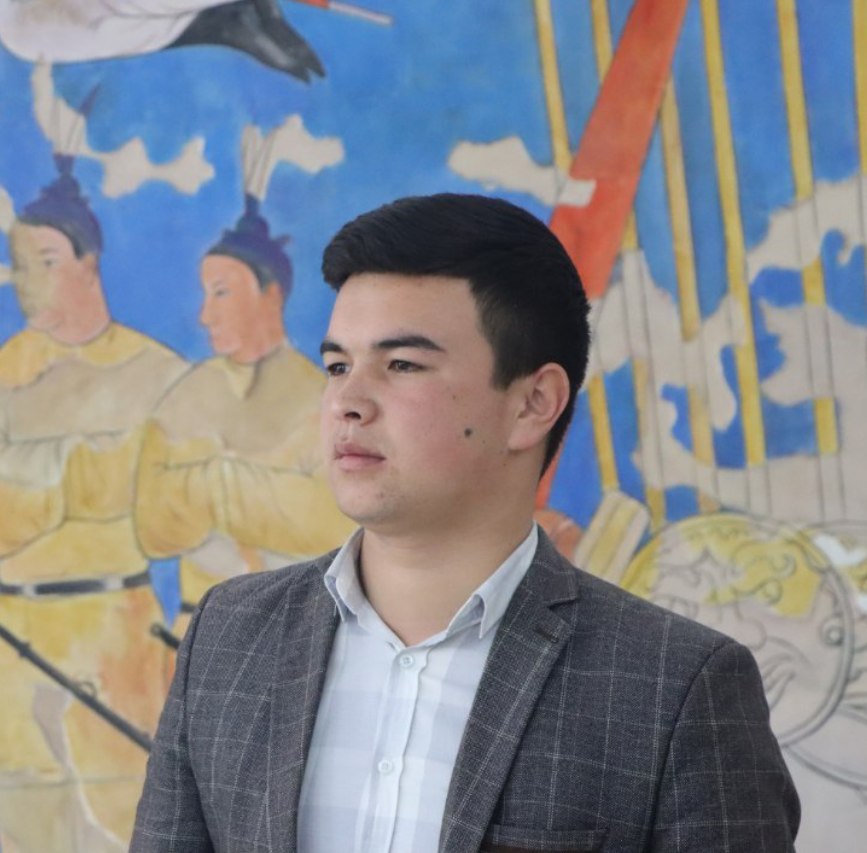
HISTORICAL ROOTS OF TURKISH-SOGHD RELATIONS IN CENTRAL ASIA
The system of trade routes of regional and international importance, formed in the territory of Central Asia, has become important in the life of the peoples of the East and West. Mil. cf. This road, which began its activity in the III-II millennium cf. In 138 AD, Zhang Jiang revealed to China that the Sughdians were not only skillful traders, but also suppliers of quality goods to the markets. Sogdian products went from Byzantium to Korea and Japan, from Tibet to Sri Lanka by land and sea, there was a great demand for agricultural and handicraft products of Sogd abroad.
Chinese sources told the Sughd region: “The climate is warm, suitable for growing high-quality wheat.” The inhabitants are inclined towards gardening and agriculture. The trees are beautiful,” he described. During this period, horticultural products (peach and cherry), viticulture (raisins), thoroughbred horses and sheep were exported to China. According to the 7th-century Chinese tourist and monk Xuan Tsang, who competed with the Sogd homeland of China in silk production, the customs of the Sutulisen (Ustrushona) people were similar to those of the Choch people, and their king was considered a vassal of the Turkic Khagan. This shows that Ustrushena is under the influence of Turkic khanates such as Sogd and Choch and its place in Turkish-Sogdian relations.
During the time of the Turkic Khanate, the Turks became the leading force in the oasis. But the Turkic rulers of the oasis used the Sogdian script in their legal proceedings. In particular, coins dating back to the 7th-8th centuries were minted in Sogdian script and language. In this science, they are called Turkic-Sogdian coins. In the early Middle Ages, under the influence of the Sogdian population, the Chochians used their language and writing. The language of communication of the Turkic layer here was the Sogdian language. The Ferghana Valley and the transit routes passing through it played an incomparable role in the trade relations of the Sogd with the East and Turkish-Sogdian relations. The trade routes passing through the Ferghana Valley formed a network in the regional and external relations of the Sogd, and in this direction the Sogdians followed the same route as the Choch. cf. Those who started the movement from the IV-III centuries.
From the 1st century, the Sogdians reached the Indian territories through Tokharistan. In particular, out of more than one and a half thousand written materials in 17 languages found by the German-Pakistani expedition in the Karakorum valley, 250 belong to the Sogdians. The Sughdians actively traded on the mountainous Shatial and Khilos roads of the Karakoram valley and extended their activities to the southern and Turkish-Sogdian relations continued in an easterly direction and went beyond the borders of Central Asia and found a peculiar development in the oases of East Turkestan of Central Asia and in the areas adjacent to China.
It is known that the Silk Road increased China’s interest not only in Davan (Fergana), but also in the whole of Central Asia. Therefore, the emperors sent their spy tourists (Song Yun, Xuan Jian, Hoi Chao, etc.) to Central Asia and tried to collect a lot of information. Sogdians million cf. From the 5th to the 4th centuries, it penetrated into the oases of East Turkestan through trade routes. Mil. cf. Trade relations with China have been established since the 3rd century. During these times, the first Sogdian colonies appeared in East Turkestan. The role of the Sogdians in the creation of the Turkic khanate in Central Asia was incomparable. As representatives of the Sogdian colonies in Gansu, they took over the trade to the south, east and north.
With the Turkish Khanate having defeated the Chinese Sui dynasty, the Sogdians took control of the province of Hami near the city of Kumul and introduced khaganate rule here.Kan Su-mi from Samarkand was appointed to the post of ruler (duhufusi) of the Beyan district in Ordos. During this period, immigrants from Sogd continued to arrive in these areas. It was not easy for the Sogdians to trade with China. Historian Hou Ren-chih writes that China, which pursued a policy of “no pay, no trade, there is pay – there is trade,” was primarily Turkic.
The Sughdians sold their fabrics, garments and handicrafts to the Turks at a low price, based on economic and political interests. In the 7th-8th centuries, under the influence of the Turkish Khanate, Chinese-style coins were minted in Sogd. The trading activities of the Sogdians throughout Central Asia prepared the political, socio-economic and ethno-cultural ground for Turkic-Sogdian relations in the early Middle Ages and intensified the process of creating a single ethno-cultural space in a vast region. In addition, the network of the Great Silk Road from Marv to the Great Wall of China united the peoples and peoples who lived in this area. On the basis of economic cooperation, it brought them closer politically and ethno-culturally.
Competing with China in the East and Iran in the West, the Turks and Sogdians worked equally hard to preserve the independence of the region. Since the 6th century, the Turks have united and successfully used not only military, but also diplomatic methods to conquer other territories. Sogdian diplomacy helped them in this matter. The diplomatic abilities of the Sogdians in this regard were not lost sight of by the rulers of the newly formed Turkic state. Annapanto (Nakhband), a native of Bukhara and a Sogdian living in Gansu, who supported the independent policy of the Turks, went to the palace of the Chinese emperor in 544 as an ambassador of the Turks.
The conquest of Eastern Turkestan and Central Asia by the Hephthalites, and Khorasan and Balkh by the Sassanids led to a struggle between the allies for the possession of the Silk Road. The attitude of the leading Sogdians in trade to this issue was of great importance. The Sughdians served the interests of the kaganate, faithful to the tradition of brotherhood with the Turks. The Kaganate expected advice, economic participation and support from the Sogdians in this matter. Because it was possible to gain control over trade routes through the Sogdians. But the caravan routes to the West passed through Iran. The connection of the Turkish Khanate with Byzantium through the territory of Iran and Iran with China through Central Asia prompted the parties to compromise. The rapprochement of the Turks with Byzantium put Iran in a difficult position, as a result of which “political and economic conflicts between the allies intensified.”
The movement of Sogdian merchants through Iran was limited. They could solve this problem only with the help of the Turkish Khanate. No wonder the Turks and Sogdians were depicted side by side on the paintings in Afrosiab and Penjikent.



